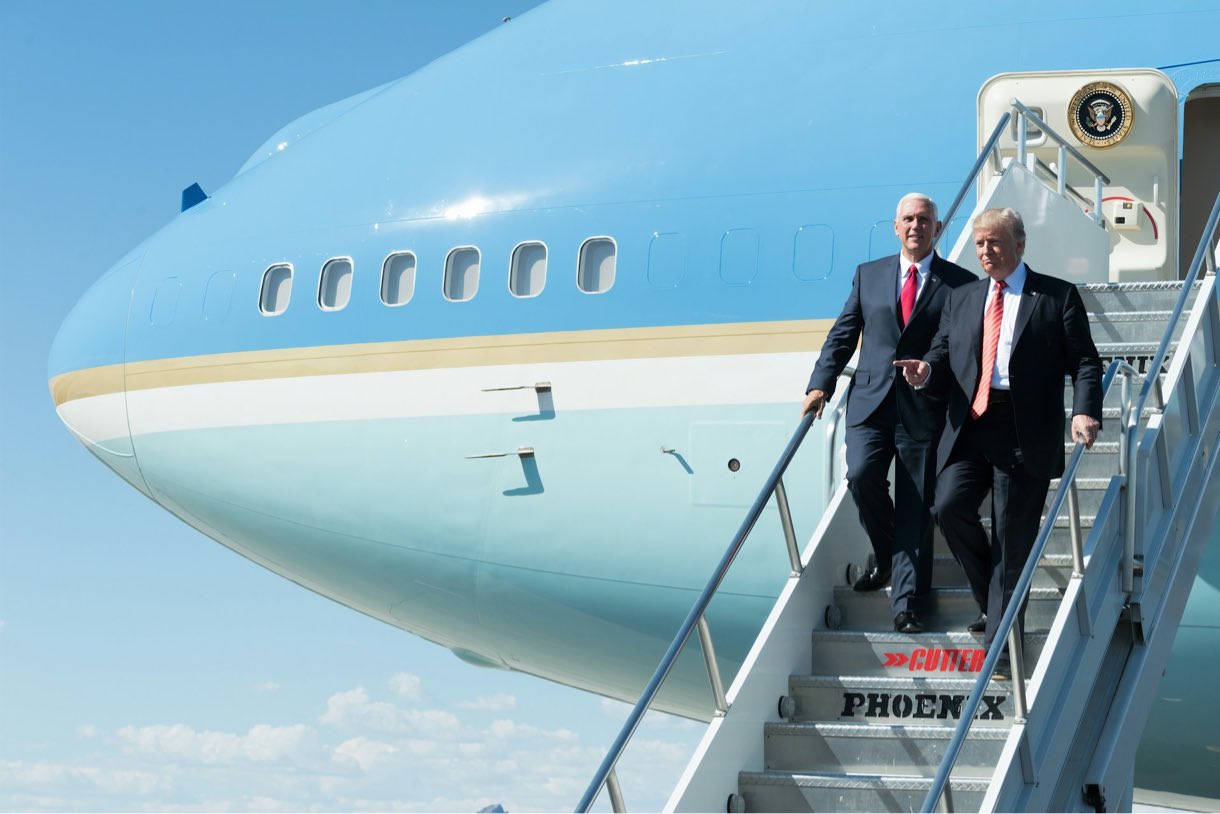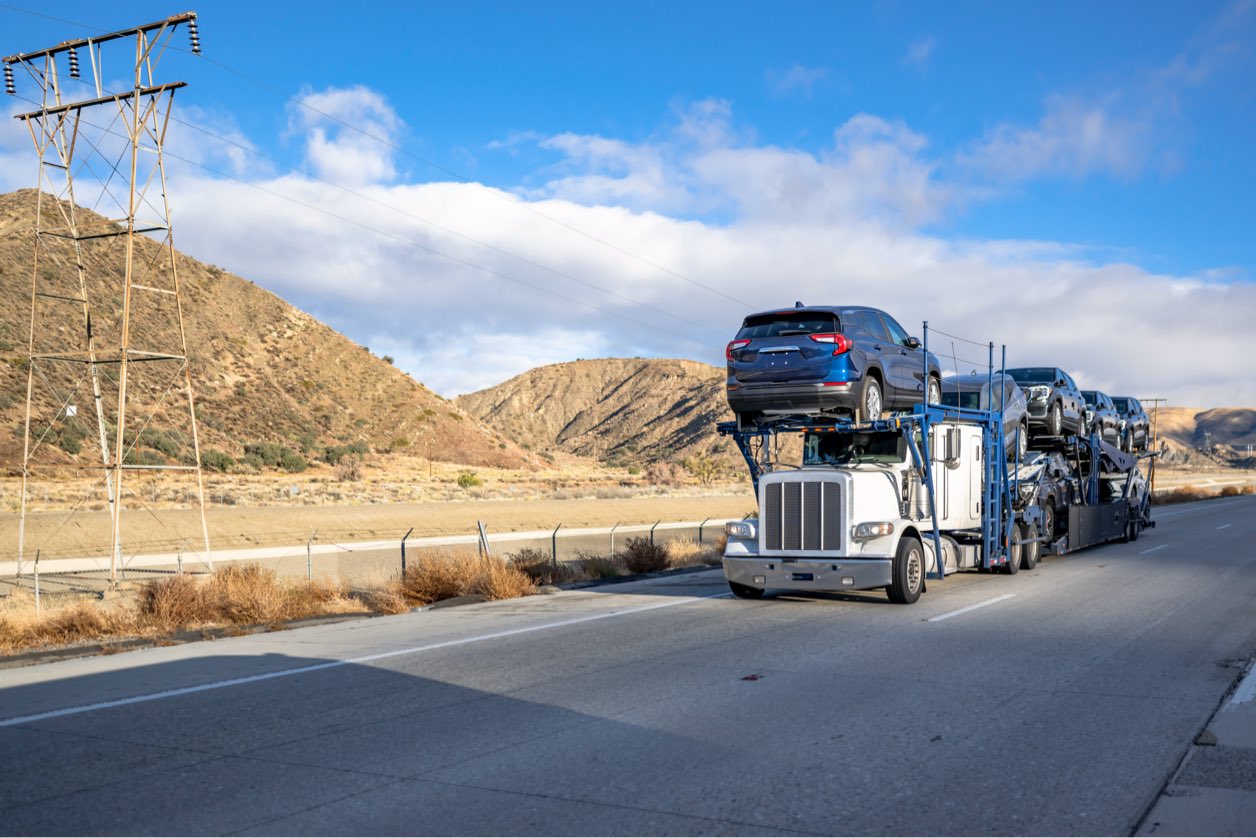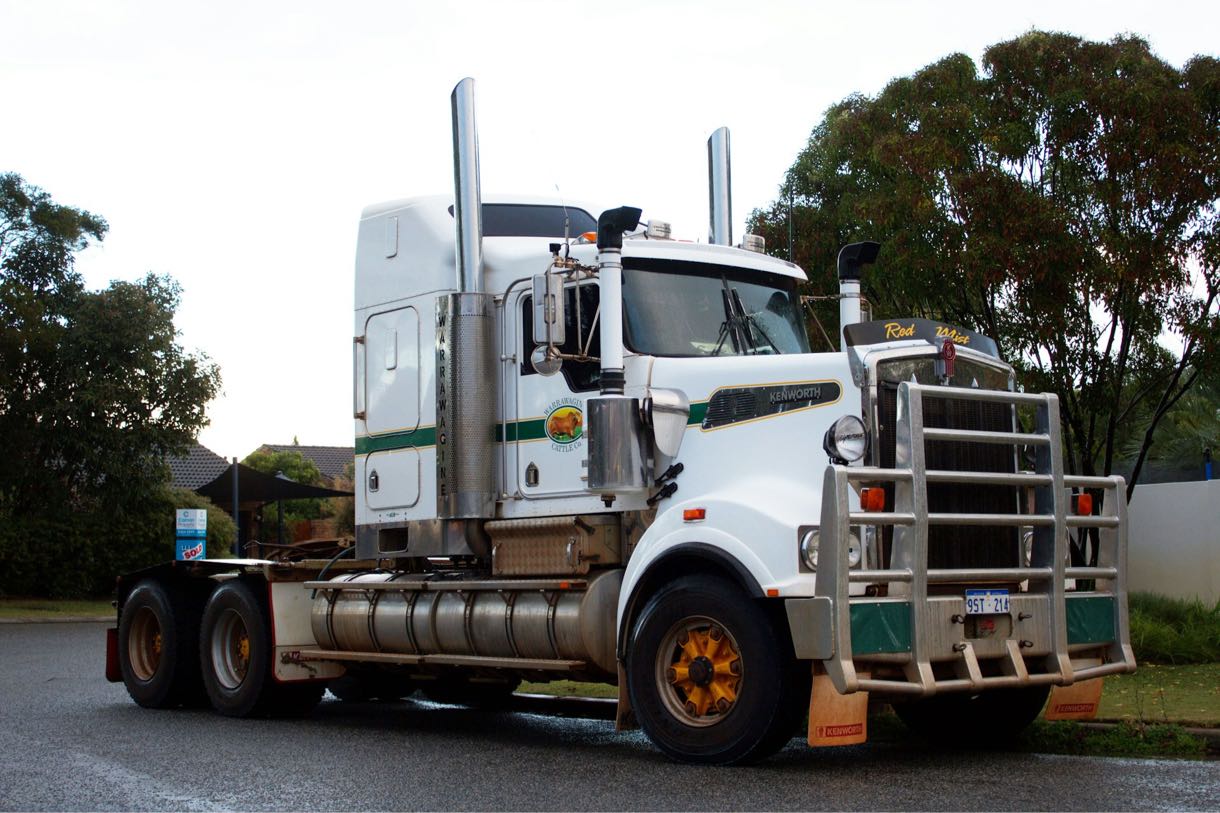The freight industry is buzzing with anticipation as Donald Trump prepares to return to the White House for a second nonconsecutive term. Key stakeholders in the commercial transportation sector, including trucking, construction, and business communities, are welcoming his return, hopeful that his administration will bring the changes they need. Trump’s reelection brings with it an opportunity to reshape policies that impact the freight industry—specifically focusing on emissions standards, economic growth, infrastructure, and energy production. With Republicans gaining control of the Senate, the stakes have never been higher for those involved in logistics, transportation, and infrastructure development. This blog explores the potential impact of Trump’s return on the freight and transportation sectors, offering insights into the anticipated regulatory changes and policy updates.

The reelection of Donald Trump to the presidency is already inspiring optimism among freight industry leaders. Groups representing various transportation sectors, such as trucking and construction, believe this administration can build upon past successes.
The trucking industry is particularly hopeful, and American Trucking Associations President Chris Spear emphasized how Trump made trucking a priority in his first term. Spear’s statement reflects the widespread sentiment within the freight industry that Trump’s administration will aim to strengthen supply chain policies, support industry growth, and reinforce national economic stability.
A key issue that many in the freight industry want addressed is the U.S. Environmental Protection Agency’s (EPA) stringent electric-truck rule. President-elect Trump has promised to work with the trucking sector to replace the EPA’s current regulations with national emissions standards that are more technologically feasible. These new standards would account for the day-to-day operational realities of the trucking industry, ensuring that essential goods are delivered without unnecessary regulatory hurdles. The revision of emissions standards will allow companies to maintain efficiency while avoiding additional costs related to compliance.

Donald Trump’s return has also sparked discussions about tax policies, regulatory relief, and energy production—topics crucial for economic growth.
The U.S. Chamber of Commerce, represented by President and CEO Suzanne Clark, expressed optimism for the direction of economic policy under Trump. The focus is on advancing a growth agenda that benefits businesses, families, and individuals. In line with this agenda, Trump’s administration intends to prioritize pro-growth tax policies and deliver regulatory relief that makes it easier for businesses to flourish. For the freight industry, this means potential reductions in operating costs and streamlined regulatory processes.
Energy policy is another significant component of Trump’s proposed economic agenda. National Association of Manufacturers President Jay Timmons highlighted that Trump’s administration intends to roll back regulations and increase domestic energy production, including traditional fossil fuels and nuclear energy. This is intended to provide reliable, abundant, and affordable energy—key factors that can drive down costs for freight operations, as fuel is one of the major expenses for the transportation sector. Repealing restrictive regulations under the Green New Deal could benefit freight companies by fostering an environment of energy abundance, making fuel more accessible and affordable.

The freight industry’s backbone is infrastructure—roads, bridges, highways, and commercial corridors—and Trump’s administration aims to expand on this.
The ongoing implementation of the 2021 Infrastructure Investment and Jobs Act is a significant area of focus. Trump’s administration will continue to address the needs of the nation’s highways and commercial corridors, aiming to enhance efficiency and reduce bottlenecks in freight movement. The act is designed to modernize and expand infrastructure, which includes significant investment in highways that serve as the main arteries for freight transport. Stakeholders expect that Trump’s administration will continue to prioritize infrastructure funding to benefit the freight industry.
During his first term, Trump made strides in enhancing highway safety, and it’s expected that his upcoming administration will continue along this path. Leaders like Sen. Ted Cruz, who was re-elected in Texas and is the ranking member of the Commerce Committee on freight policy, are likely to play an instrumental role. Cruz’s commitment to roadway safety aligns with the freight industry’s goals to reduce traffic incidents and improve overall safety on national highways.

The Senate’s new Republican majority is expected to lend significant support to Trump’s freight agenda, particularly when it comes to policy changes that will affect the freight and logistics sectors.
The return of a Republican-controlled Senate, coupled with a Trump administration, brings a renewed focus on traditional energy production—a move that many in the freight industry support. The emphasis on domestic oil and natural gas production, as highlighted in the GOP’s platform, will likely lead to lower energy costs, benefiting freight companies that depend on affordable fuel for their operations.
With labor being a key challenge in the freight industry, policies that encourage veterans to enter the sector are welcome. Sen. Deb Fischer, a long-time advocate of commercial transportation policies, spearheaded the bipartisan passage of the Veteran Improvement Commercial Driver License Act. This law will continue to benefit veterans seeking employment as commercial drivers, which is vital for addressing labor shortages in the freight industry.

Trump’s return to the White House marks the beginning of a transformative era for the U.S. freight industry. By focusing on economically viable emissions standards, reducing regulatory burdens, enhancing infrastructure, and supporting the domestic energy sector, Trump aims to pave the way for growth and stability. With a supportive Senate and strategic partnerships with key players in the freight industry, the opportunities for advancing the commercial transportation sector are vast.
Ship A Car, Inc. is the top choice for shipping all types of vehicles across the United States. From motorcycles and golf carts to cars, trucks, heavy equipment, and freight, we cover it all with efficiency and reliability. Our transport coordinators are experienced, ensuring that customers get the best possible shipping price and service. Call us today at (866) 821-4555 to speak with a coordinator and arrange your shipment.
Q: What changes can the freight industry expect from Trump’s return to the White House?
A: The freight industry can expect revised emissions standards, infrastructure investments, and more accessible energy resources, all aimed at strengthening logistics and reducing operational costs.
Q: How will Trump’s policies impact fuel prices for freight operators?
A: Trump’s focus on increasing domestic oil and gas production will likely drive down fuel prices, benefiting freight operators by lowering one of their primary operational expenses.
Q: Why should I choose Ship A Car, Inc. for my vehicle transport needs?
A: Ship A Car, Inc. offers reliable shipping services for all types of vehicles, supported by experienced coordinators and a strong focus on customer satisfaction. We handle the vehicle transport of everything from motorcycles to heavy equipment throughout the U.S., ensuring you get the best service at competitive prices.




